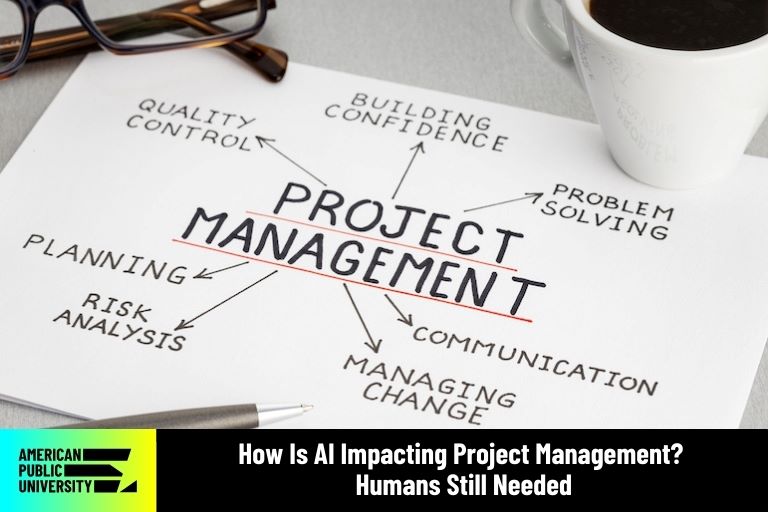Introduction

Modern project management is evolving rapidly as artificial intelligence becomes integral to streamlining operations and enhancing decision-making. The role of an AI project manager now blends technical fluency with traditional stakeholder management, requiring professionals to oversee complex projects that integrate AI tools and methodologies[1][9].
Role and Responsibilities
AI project managers are responsible for bridging the gap between traditional project management and the emerging capabilities of AI technologies. Their daily responsibilities include coordinating cross-functional teams, defining project scopes, and managing schedules and risks using AI-driven tools. These professionals ensure that AI tools like predictive analytics and machine learning are seamlessly integrated into project workflows, which ultimately enhances project efficiency and decision-making[1][9].
Essential Skills and Competencies

To succeed as an AI project manager, a combination of technical expertise and strong management skills is required. Professionals in this role need a solid grounding in AI fundamentals such as data literacy, natural language processing, and the use of development tools like TensorFlow or PyTorch, alongside proven project management capabilities (including familiarity with PMP, Agile, and risk management practices). Additionally, soft skills such as leadership, communication, and problem-solving are essential to successfully manage teams and stakeholder expectations[1][9].
Certifications and Educational Pathways
Numerous certification programs and educational courses have emerged to equip aspiring AI project managers with the necessary skills. Traditional project management certifications such as the Project Management Professional (PMP)® are increasingly supplemented with specialized courses focused on artificial intelligence. For instance, the Cognitive Project Management for Artificial Intelligence (CPMAI) boot camp is designed to teach data-centric and agile approaches specifically for AI and ML projects[13]. Similarly, the Coursera specialization 'Generative AI for Project Managers' provides hands-on training in generative AI, prompt engineering, and the application of AI tools throughout the project lifecycle[10].
Salary Benchmarks
Salary data for AI project managers reflects the specialized nature of the role. According to one guide, the Bureau of Labor Statistics reported an average annual salary of $95,370 for project management specialists with top performers earning up to $159,150[5]. In the tech sector, companies like Scale AI report base salaries ranging from $130K to $169K with median total compensation around $170K, and the highest reported package reaching nearly $390K[8]. In addition, other reports indicate that Glassdoor estimates average AI manager salaries near $115,095 per year, with total compensation including bonuses rising to approximately $165,711[9].
Market Trends and Future Outlook

AI adoption in project management is expected to grow significantly in the coming years. Current trends indicate that 72% of project managers foresee major changes to their roles as AI tools automate routine tasks and enhance strategic decision-making[3]. Some studies predict that companies will increase investments in AI by as much as 32%, and that by 2030, up to 80% of project management tasks may be automated[3]. In parallel, industry experts emphasize that integrating AI effectively into project management not only boosts efficiency but also provides a competitive edge for organizations that adopt these tools early on[12].
Conclusion
The role of AI project managers represents a transformative shift in project management, combining technical expertise with effective leadership and communication skills. As organizations continue to integrate advanced AI tools to optimize project outcomes, the demand for professionals who can navigate both technological and managerial challenges is set to increase. With established certifications and diverse educational pathways available, along with attractive salary benchmarks and a promising market outlook, the career path of an AI project manager offers significant opportunities for growth and innovation. Professionals who continuously update their skills and adapt to evolving technologies will be well-positioned to lead their organizations into the future[1][13].
Get more accurate answers with Super Pandi, upload files, personalized discovery feed, save searches and contribute to the PandiPedia.
Let's look at alternatives:
- Modify the query.
- Start a new thread.
- Remove sources (if manually added).





![Project Manager Salary in USA: Insights & Trends [2025] Project Manager Salary in USA: Insights & Trends [2025]](https://www.simplilearn.com/ice9/free_resources_article_thumb/project_managersalaryinus.jpg)